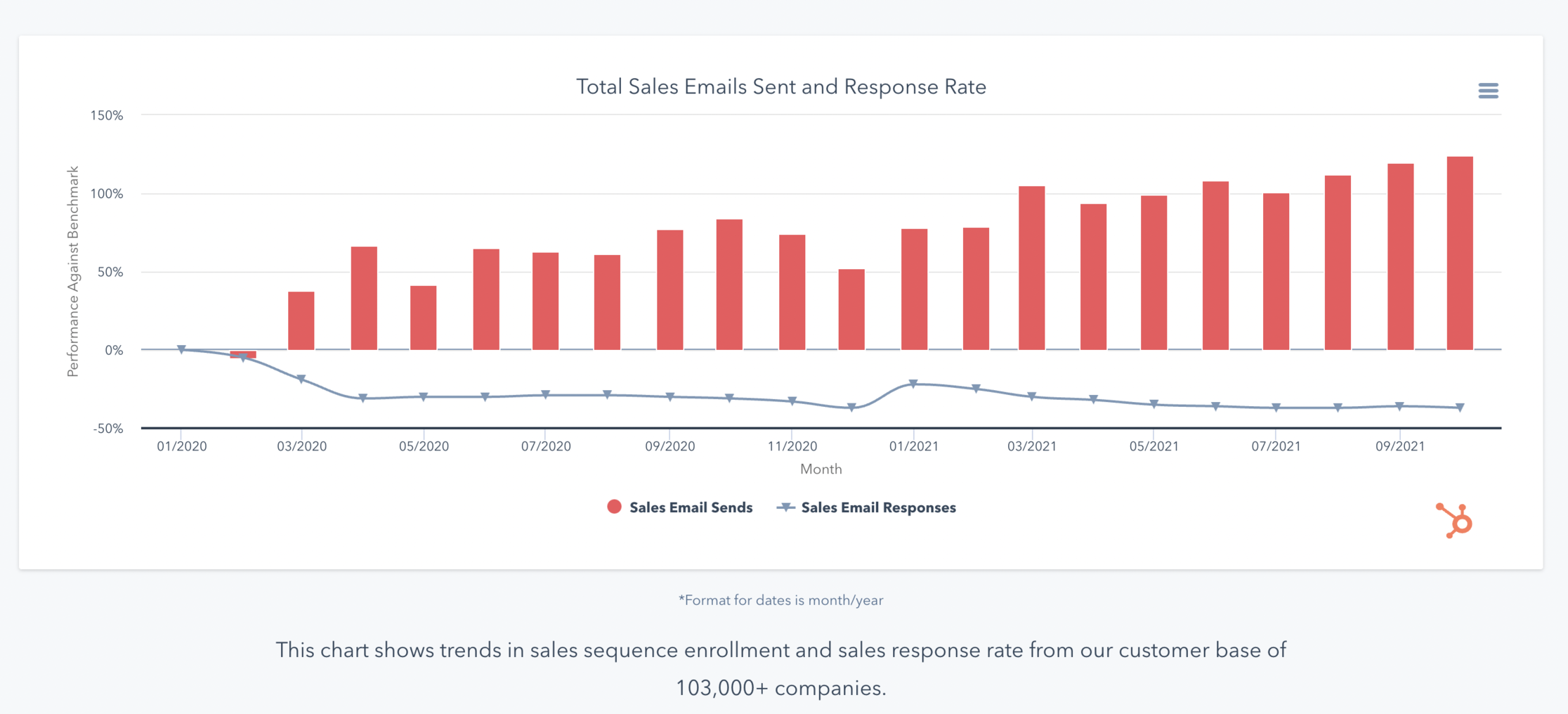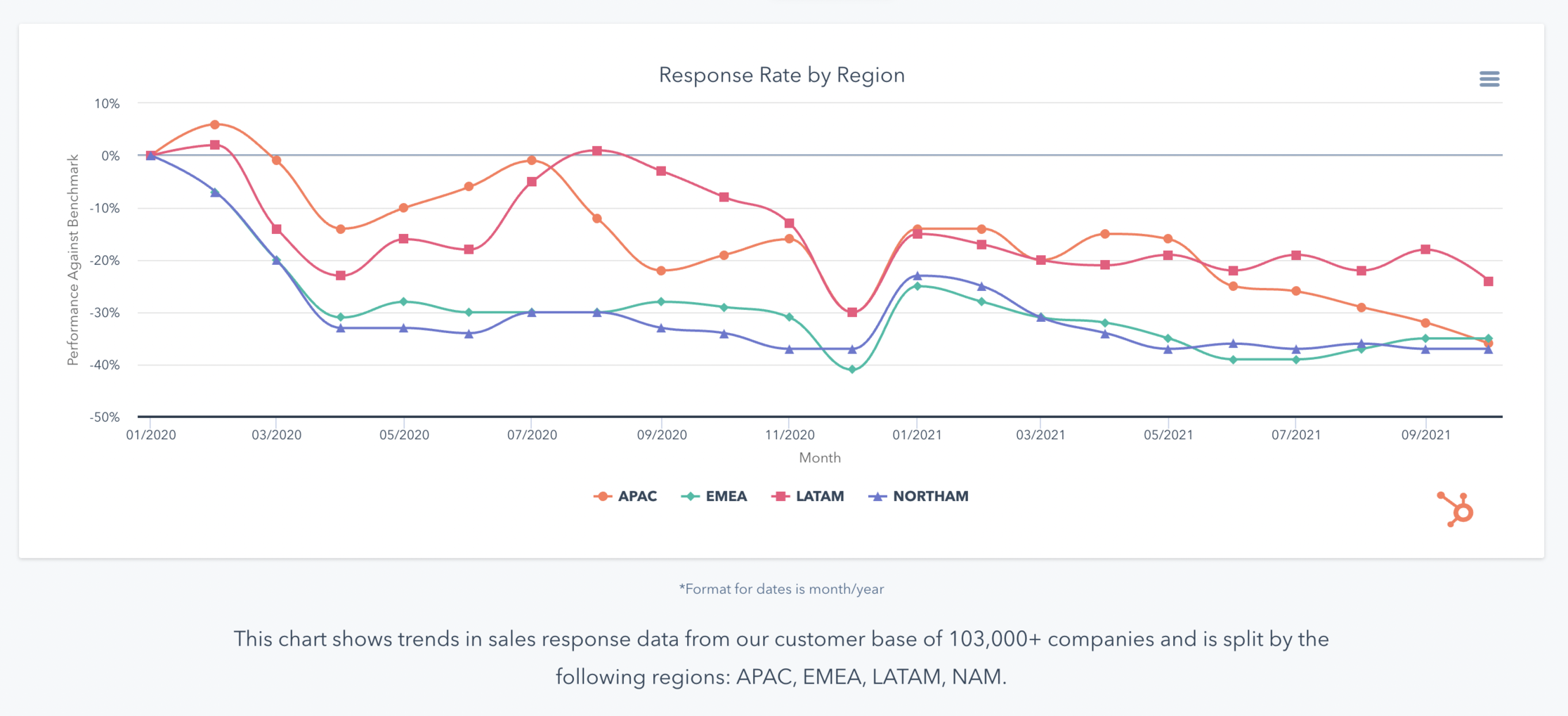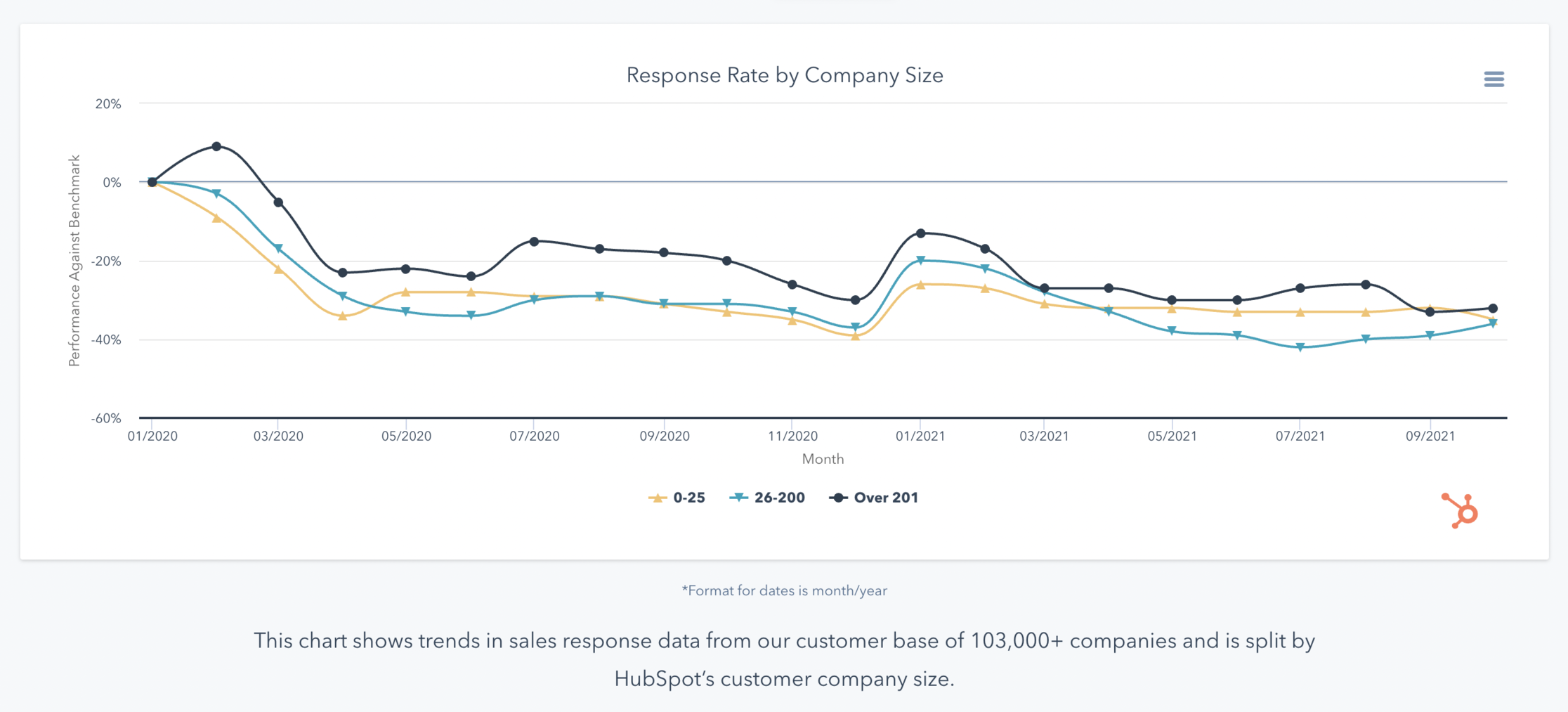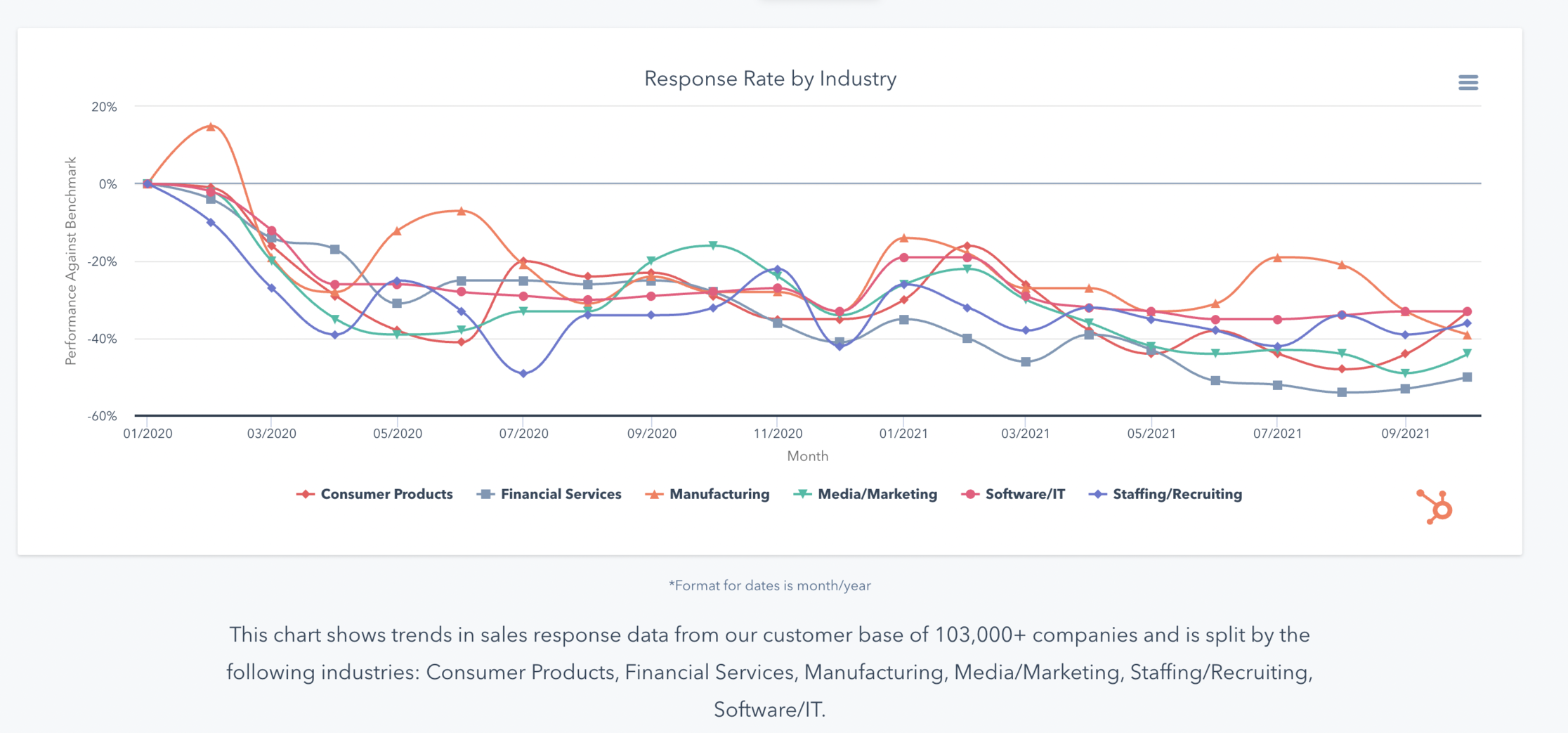I was recently on a panel where I was asked the question
"are you telling the greatest majority of marketers that the are wrong to use email marketing?"
and I said "yes, you only have to look at the data".
I went onto say "any supplier that supports email marketing, must have lost their moral compass. The data is clear and you cannot argue with the data". So what data was I talking about.
There are lies, damned lies and statistics
There are a number pieces of "research" you will find on social media.
First you will will find opinion, this is based on no data, it is after all somebody's opinion. If you come across somebody's opinion, just ask them politely, to share the data this opinion is based on.
The next level of data, is where opinion is shared in the name of research.
I spotted a piece of "research" the other day, where an email marketing company (they sell email marketing tools so have a vested interested to talk up email marketing) asked email marketers what their top marketing campaign resource was. Guess what the answer was? Email marketing of course. This isn't research and certainly isn't scientific.
What makes data, data?
I've used the Hubspot data, here, now for the last 12 months, why? Not because I'm a big fan of Hubspot, but because they use actual data. This data is based on Hubspot's 103,000 customers across more than 120 countries, which is a pretty large sample.
Data from 22nd December 2020
Last year, I wrote this article, on email marketing, which is based on the Hubspot data.
What had driven me to this data was an article by The Drum, here, which stated.
"According to Hubspot, the response rate to emails fell to a record low of 2.1% in April. Said differently, 98% of our efforts to reach new prospects failed.
With conversion down, what did we do? You guessed it, we increased the number of emails sent during the same period by 50%..... We are playing a zero-sum game, and it’s literally a race to the bottom."
There is also a great webinar by Hubspot, which you can find here, where they analyze that data.
It is on this webinar where Yamini Rangan, Hubspot CEO says "we are inundated with email, especially busy executives and we are overwhelmed. So how do you cut through this, that is where the key is?"
It's interesting to hear Kipp Bodnar Hubspot CMO say that Hubspot are "sending less email."
Data From 29th November 2021
I thought as I had been challenged, how about I revisit the data?

This is the data, pulled straight from Hubspot.
Let me explain. It uses data from January 2020, so before the pandemic as the datum or 0%.
Anything above the 0% datum is "more than before the pandemic" anything less than the 0% datum line is "less than before the pandemic".
What you can see from this graph, from 1st January 2020, until October 2021 we have sent more and more sales emails and you can see that the email response rate has been getting less and less.
The email response rate is now 37% less than the response rate on the 1st January 2020, the response rate from sales emails is now 37% less than what it was before the pandemic. And is as a general trend is falling.

This is the response rate by region. Same graph description, anything less than the 0% datum shows a reduction in response since the start of the pandemic. The response rate is less than before the pandemic and it getting less and less with time.

The response rate by company size. This shows once more that the response from email marketing has reduced since the start of the pandemic.

The response rate by industry. More reductions in response rate from email marketing since January 2020. It's a great sample of data and it shows how over the last two years there is a clear trend downwards from the response rate.
Just a reminder, the data is available here.
If you are using email marketing and the alarm bells are not going off, you can see the facts from the data, at what time is it time to drop email and cut across to something else?
Related: My Sales, Marketing and Leadership Predictions for 2022
